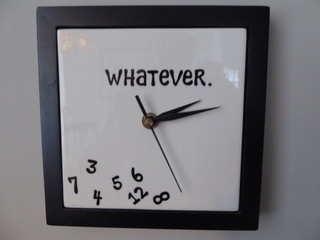He had been an Irish rebel who recanted, a patriotic American who grew disillusioned, an anti-clerical who made his peace with the Catholic church, a reformer who had gone over to John A. Macdonald, and a teetotaller given to alcoholic binges.
-- from 1867: How the Fathers Made a Deal
Went down last night to the Duke of York pub in Toronto to observe the two hundredth birthday of Thomas D'Arcy McGee (1825-1868). Would the Pogue Mahone pub or some other Irishy place have been more appropriate? Well, they are probably a bit Fenian still over there, and McGee was a loyal subject of Queen Victoria when he was not a rebel in arms.
Anyway, the Guinness flowed, and there were toasts, speeches, poetry, a genuine McGee descendant, and an Irish jig played on an tin whistle. David Wilson read the last paragraphs of his biography, about the man who "took an uncompromising stand against militants within his own ethnoreligious community" and was shot for it.
It was a lot of fun and some good craic. The whole thing was orchestrated by the tireless Patrice Dutil, who insists last night's small commemoration should have been matched on a grander scale everywhere in Canada. On the centenary in 1925, apparently, the GG, the PM, and the leader of the opposition all showed up to a McGee tribute which was broadcast across the nation.
I dunno. It takes a pretty big legacy to carry on more than a century in anything like living memory, methinks. But thanks, Patrice.


















